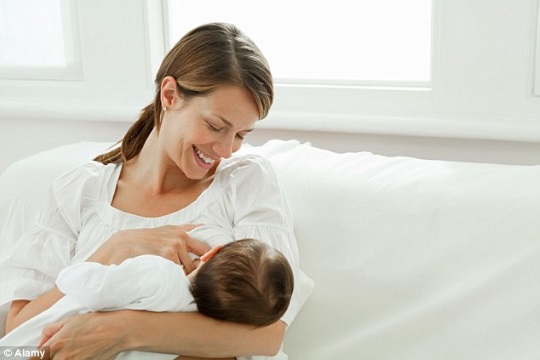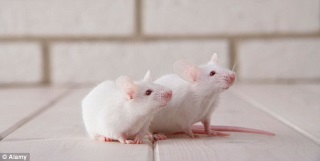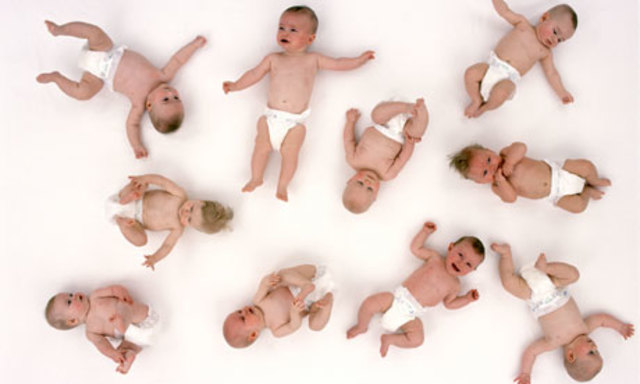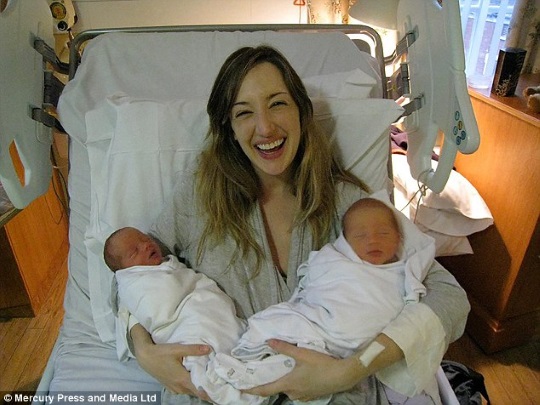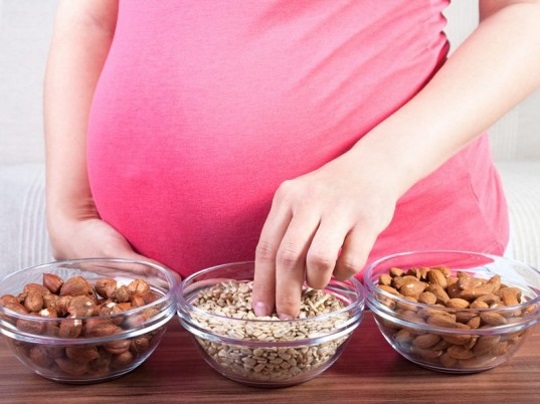Want Your Kids to Give You Some Peace & Quiet?
When offspring are well provided for, they are less likely to nag their mothers for further care. A study from the University of Manchester revealed that mouse offspring who beg for nurturing can negatively affect themselves and the parents, and they are less likely to behave this way if they are well cared for.
The researchers say these findings can apply to any social species, including humans. In the study, published in the journal eLife, researchers examined the influence of genetic expression in offspring on the behaviour of the mother. They measured level of maternal care by the sum of nursing, suckling, and nest-building. For mouse pups, the researchers say one of the most important roles in nurturing is in keeping them warm, as hypothermia is the leading cause of their deaths. 'Our aim was to unpick the genetic conflict between the care a parent provides and the amount that offspring want,' says evolutionary biologist Reinmar Hager from the University of Manchester. 'If offspring are too demanding it can be costly to parents and to themselves. 'But if parents don't invest enough, their genes may not survive the next generation,' he says. The team identified a genetic variation in mouse pups that influences the mother's nest building. Pups carrying a specific gene variation on chromosome 7 will get more attention from their mother or adoptive mother starting at the sixth day of life. For these babies, the mother will spend more time preparing the nest. Pups with a specific variation on chromosome 5 will also receive more motherly care starting at day 14.
Around this time, the offspring will reach the peak of the 'weaning conflict,' in which the pup will battle the mother to continue nursing, while she will try to stop it. In mother mice, the B6 maternal phenotype was found to give mothers a more nurturing predisposition. The extra care was found to benefit offspring of across all genotypes. Pups that were observed to beg for further care were also found to weigh less than the ones that didn't behave this way. 'For the first time we have identified specific genetic variations in offspring that lead to preferential maternal treatment, which in turn improves offspring fitness' says first author David Ashbrook, a PhD student from Manchester. 'There will therefore be a strong selection pressure on genes expressed in offspring that influence parental behaviour.' Written By Cheyenne Macdonald Retrieved From:
|
|





